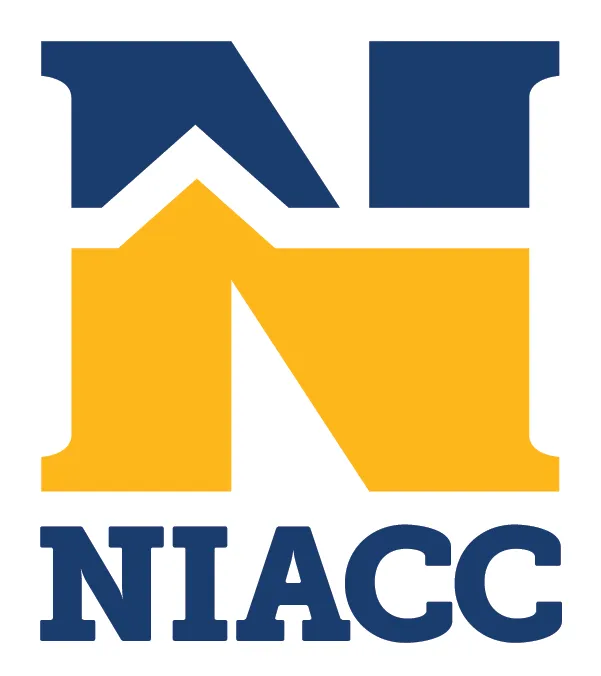Flexible Attendance Policy
North Iowa Area Community College Disability Services (NDS) will work with students and instructors to determine if flexibility in attendance may be a reasonable accommodation due to disability.
Attendance policy is set by faculty for each individual course. Similarly, faculty determine policies regarding make-up work and missed exams or quizzes. Faculty are not required to lower or effect substantial modifications of standards for accommodation purposes. Attendance may be integral to the learning process, depending on the course design and objectives. In some cases, attendance is essential to course objectives. In other instances, faculty may determine that students can master course content despite absences.
NIACC strives to provide due diligence in making determination of reasonable accommodations. NDS has established the following procedure for considering/granting requests for exception in attendance policies:
- Students with disabilities must request consideration of this accommodation from the Disability Services Office. It is recommended that this be done prior to the beginning of each semester in which the accommodation is requested. The determination of the curricular impact and the appropriateness of such request will be considered individually for each class. Documentation must be provided that indicates both why the student may need to miss classes and to what extent. While it is understood that the student cannot always predict accurately the number or percent of absences anticipated, the student is asked to provide some indication of the scope of the request.
- NIACC Disability Services will evaluate the request and the documentation provided to determine whether the student has provided justifiable disability-based reasons for requesting consideration in attendance requirements. Documentation will be held in the Disability Services Office and will be considered confidential. If it is determined that the reasons provided do not constitute a need for accommodation in this regard, the student will be notified of this decision.
- If it is determined that the request is justified by impact of the student’s disability, then faculty from each class in which the student is enrolled for that semester will be contacted to request information on any established attendance policies for the class and the importance of attendance/participation to the curricular integrity and learning process. Class attendance for classes offered in the classroom environment are typically considered a significant aspect of participatory learning. All requests for exception in attendance requirements will be evaluated carefully, with due consideration given to the information provided on the NIACC Exception of Course Attendance Requirements form.
- If it is determined, by all parties involved, that it is not possible to consider an exception regarding attendance policies for a given course, the student will be so informed and will be given the opportunity to discuss other accommodation options that may be appropriate.
- Students are responsible for contacting the faculty member as soon as possible when a disability-related absence will occur/has occurred and, as necessary, informing the faculty member as to when the student will return to class. If the student is unable to reach the faculty member directly, the student or someone acting on his/her behalf may contact the Disability Services Office. Information will then be relayed to the faculty member through the Disability Services Office.
- This accommodation potentially provides relief from requirements for physical attendance in classes. The student is responsible for any material covered or work done during such disability-necessitated absences; neither extension of deadlines for assignments due, nor arrangements for making up tests and exams missed during such absences are to be assumed in this assigned accommodation. These must be negotiated individually with faculty as need arises.
- If, at any time, the faculty member believes that the student’s absences from class threatens the academic integrity of the curriculum or the accomplishment of learning objectives, the faculty member should contact the Disability Services Office as soon as possible. After consulting with the faculty member, NIACC Disability Services staff will contact the student to review available options.
